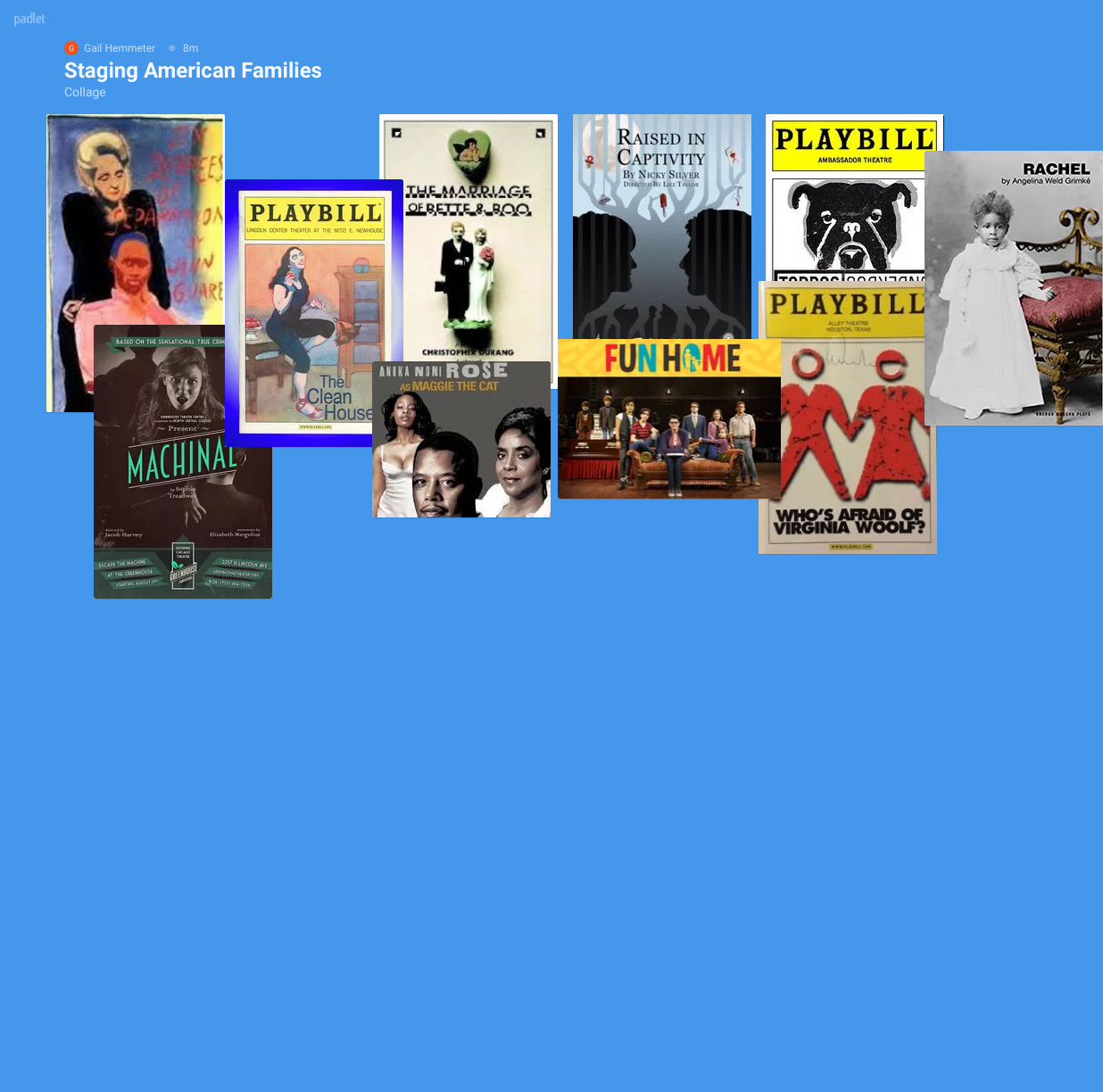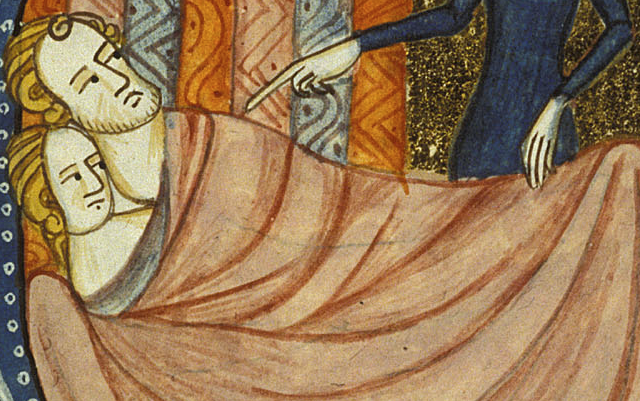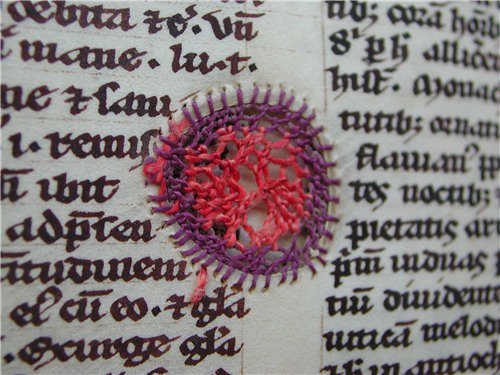
- Instructor of record: Gail Hemmeter
ENGL 205 Introduction to Film, Spring 2021 (remote)
Class Meetings: Mondays and Thursdays 9:40 am-11:00 am EST on Zoom
Class Meetings: Mondays and Thursdays 9:40 am-11:00 am EST on Zoom
- Instructor of record: Sara Bryant
Instruction Mode: Remote Instruction
Class Meeting Dates and Times: Mondays and Wednesdays 9:40 am to 11:00 am on Zoom

This course taps into our continuing collective obsession with criminality, unpacking the complicated web of feelings attached to crime and punishment through early modern literary treatments of villains, scoundrels, predators, pimps, witches, king-killers, poisoners, mobs, and adulterers. By reading literary accounts of vice alongside contemporary and historical theories of criminal justice, we will chart the deep history of criminology and track competing ideas about punishment and the criminal mind. This course pays particular attention the ways that people in this historical moment mapped criminality onto dynamics of gender, race, sexuality, disability, religion, and mental illness according to cultural conventions very different from our own.
- Instructor of record: Colby Gordon
- Instructor of record: Jennifer Harford Vargas
- Instructor of record: Jess Shollenberger

- Instructor of record: Mariah Min
- Instructor of record: Chloe Flower

In this class, we will talk together about what it is we do when we read literature. What is literary criticism, and who counts as a critic? How do we make meaning out of texts? To begin answering these questions, we will read a variety of works in the genre of literary theory and criticism, consistently asking after the ways that race and gender shape the interpretive process. We will also spend a lot of time talking about how to write essays for English classes.
- Instructor of record: Colby Gordon
- Instructor of record: Linda-Susan Beard
- Instructor of record: Chloe Flower
- Instructor of record: Sara Bryant

- Instructor of record: Mariah Min
- Instructor of record: Kate Thomas
Modernism is consistently aligned with innovation: making things new and making things strange. Yet modernist writing is preoccupied with habit, repetition, sameness, boredom, and the banal—with “things happening, normally, all the time,” as Virginia Woolf once put it. This course explores the modernist fascination with the ordinary, from the objects in a kitchen to the rhythms of a day. Our primary task will be to understand the stakes of paying attention to the ordinary world for queer and women modernist writers, whose work reveals the ordinary as a site of deep ambivalence as well as possibility. Likely authors include: Woolf, Gertrude Stein, Zora Neale Hurston, Gwendolyn Brooks, Marianne Moore, and Jean Rhys.
- Instructor of record: Jess Shollenberger
- Instructor of record: Bethany Schneider
- Instructor of record: Linda-Susan Beard
- Instructor of record: Jennifer Harford Vargas
- Instructor of record: Gail Hemmeter
- Instructor of record: Mecca Sullivan
- Instructor of record: Kate Thomas
- Instructor of record: Bethany Schneider
